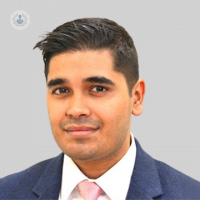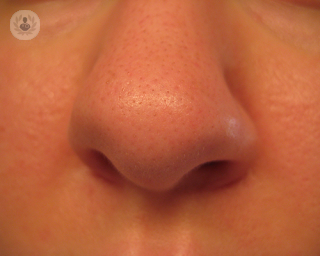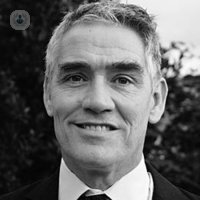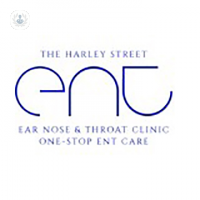Nose
Mr Kiran Varad - Otolaryngology / ENT
Created on: 05-12-2017
Updated on: 06-05-2023
Edited by: Sophie Kennedy
What does the nose do?
The nose is the part of our face which sticks out above the mouth, and through which we breathe and smell. The nose houses the nostrils, which help us to take in and expel air as part of the respiratory system (along with the mouth). Our nose plays an important role in our overall health, as it filters the air that we breathe and removes dust and irritants. It contains nerve cells which help our sense of smell, and also helps warm the air coming in through it in order to keep the lungs and throat from drying out. Therefore, if there is a problem with our nose, our health can be affected.
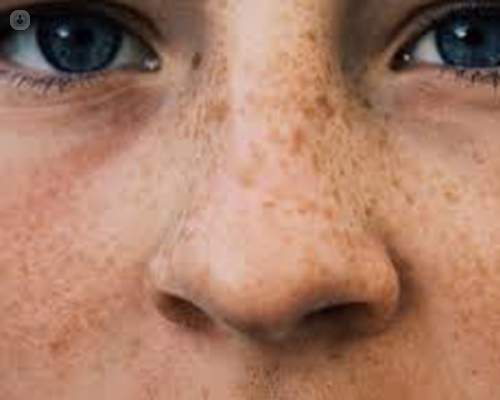
Problems affecting the nose
There are many conditions and medical problems which can affect the nose, including:
- Sinus infections: when cavities around the nasal passage are inflamed or swollen
- Allergies: certain allergies, such as a pollen allergy, can result in nasal congestion, sneezing, postnasal drip, and sinus headaches, among other nasal problems.
- Smell disorders: disorders include hyposmia, a partial loss of smell, and anosmia, a complete loss of smell, among others, which can occur as a result of an underlying condition or because of an illness.
- Nasal congestion: when the nasal passages become blocked, often as a result of the membranes in the nose swelling from inflamed blood vessels.
- Deviated septum: the septum is the part in the nose which divides the nasal cavity in half. When the septum is off-centre or crooked, this can make breathing difficult. It is estimated that eighty per cent of people have some kind of misalignment of the septum, but this does not mean their breathing is affected in every case. Only deviation to the point where breathing is difficult or where serious problems are created requires treatment.
- Nasal fractures: more often referred to as a broken nose, fractures of the bones in the nose are relatively common, and can occur as a result of trauma (e.g falls, assault, collision). Nasal fractures can cause bleeding, swelling in the nose, bruising, and problems with breathing through the nose.
- Colds and sneezes: one of the most common problems affecting the nose is the common cold, which is a viral infection affecting the ears, nose, and throat.
Who treats problems with the nose?
Ear, nose and throat problems, if passed to a specialist, are typically treated by an otolaryngologist, more commonly known in the UK as an ENT doctor (ear, nose and throat). However, it depends on the pathology affecting the patient, as allergic problems may also be treated by a specialist allergist.
Cosmetic procedures affecting the nose such as rhinoplasty may be performed by a plastic surgeon, though it is advisable to visit a specialist facial plastic surgeon (often an ENT doctor, but sometimes an oral and maxillofacial specialist) as they have a thorough knowledge of the nose, its anatomy, and the conditions affecting it. ENT surgeons can also correct problems with the nose which are non-cosmetic and related to breathing/respiratory difficulties, such as a deviated septum.
